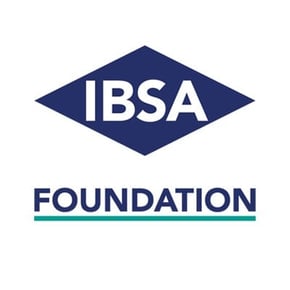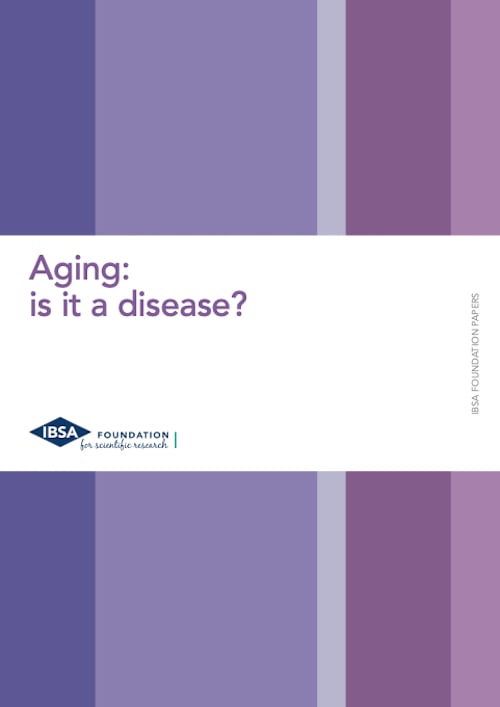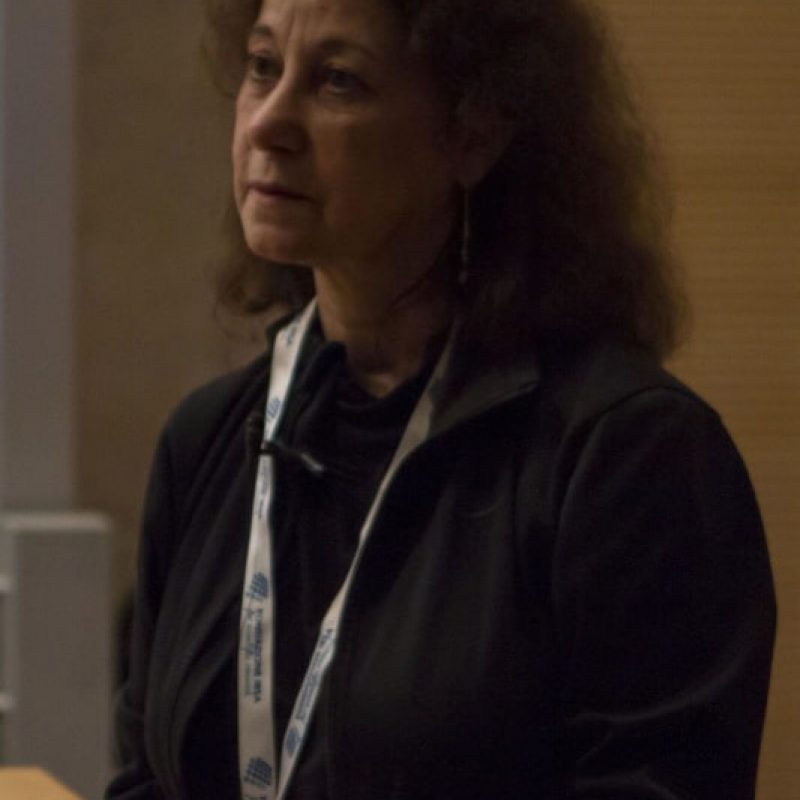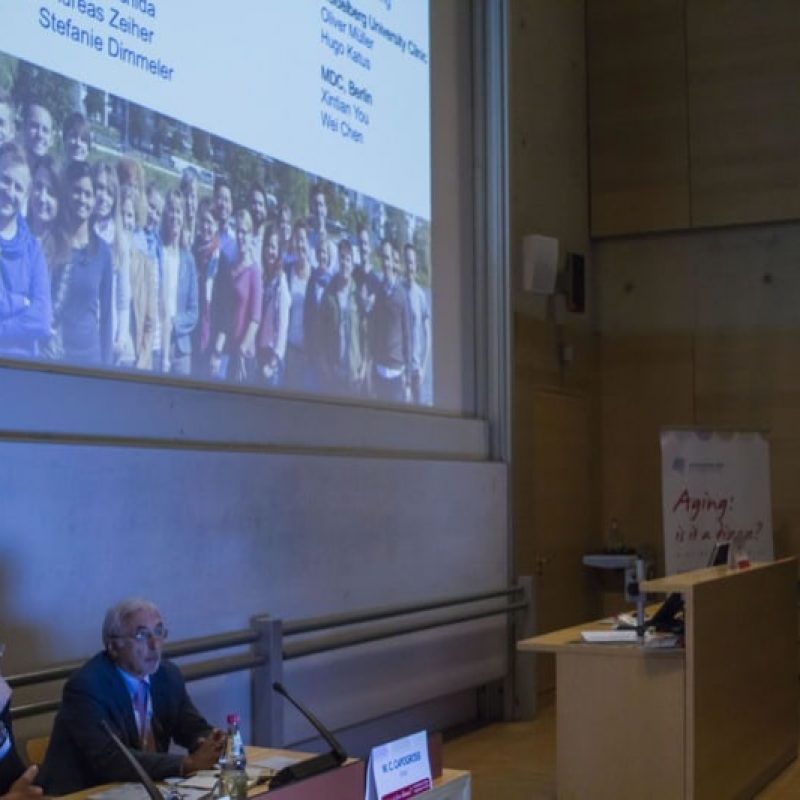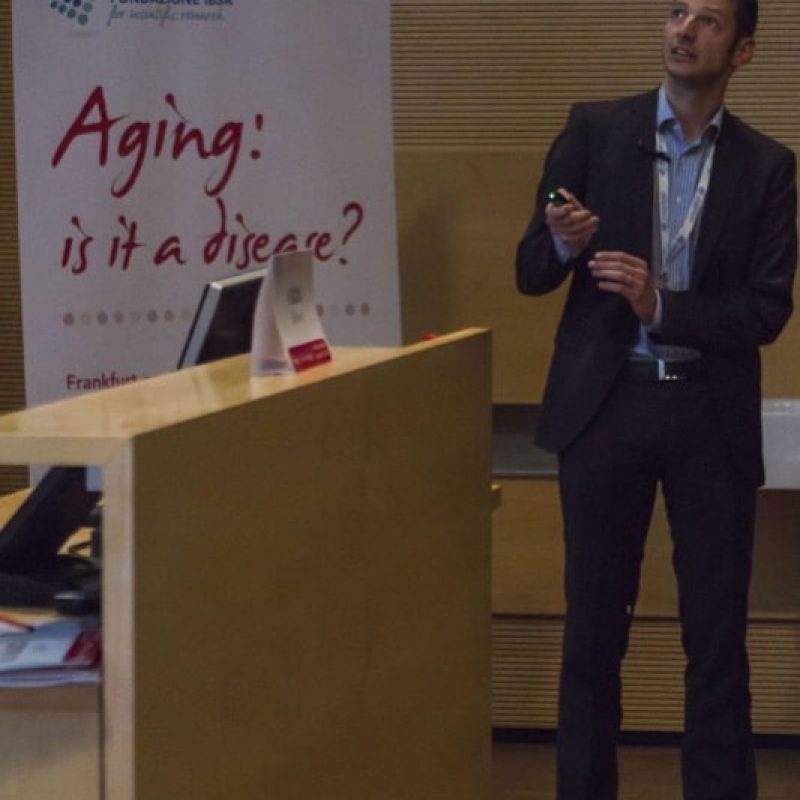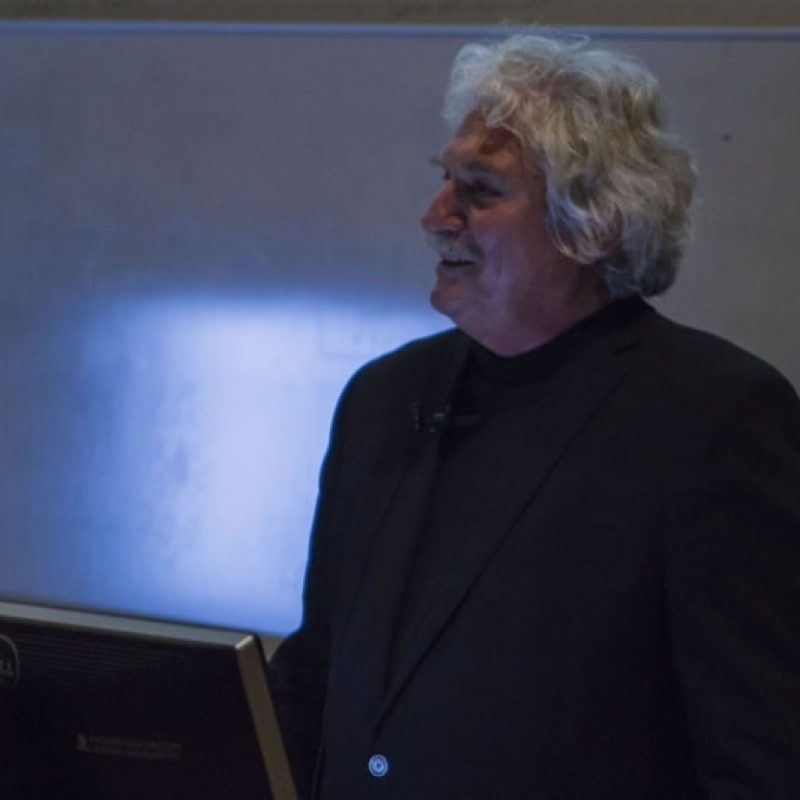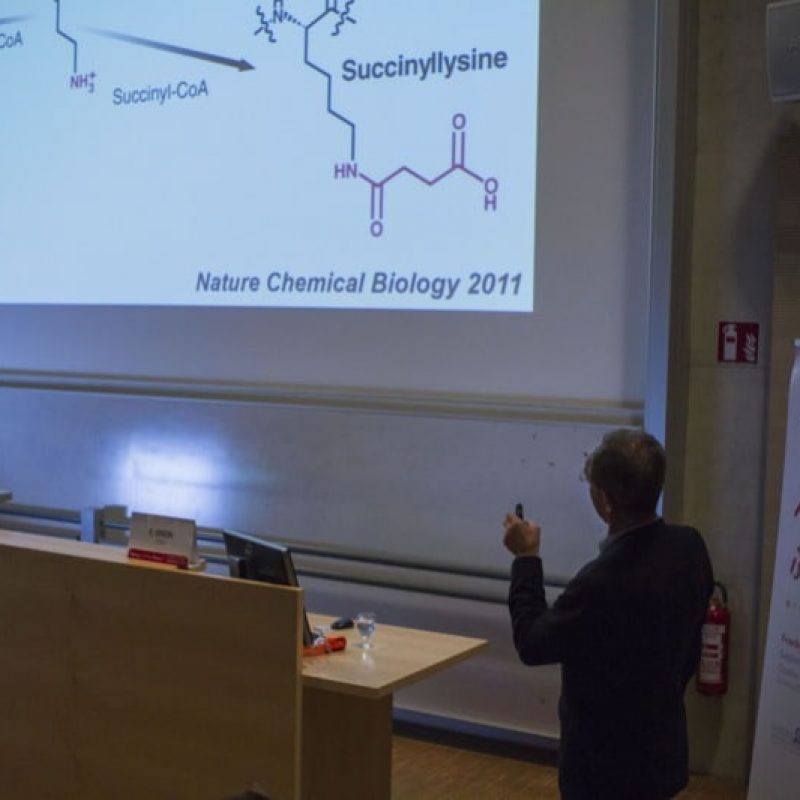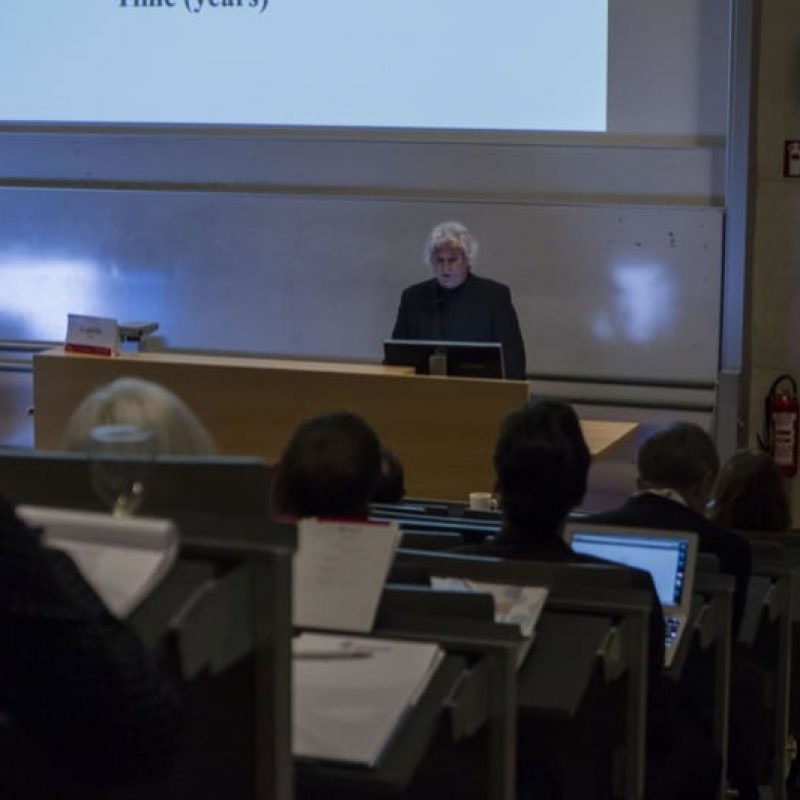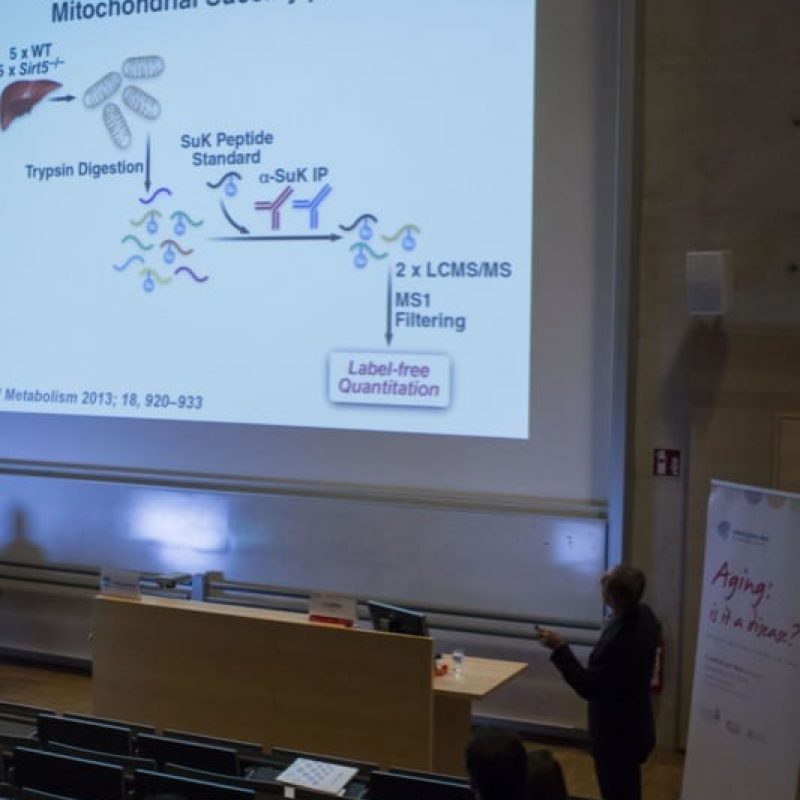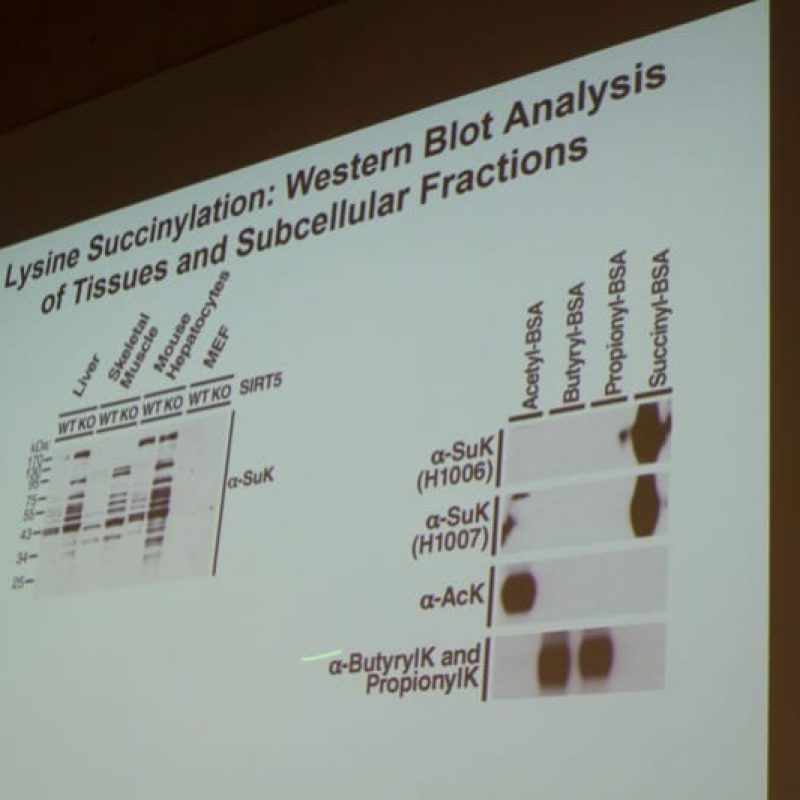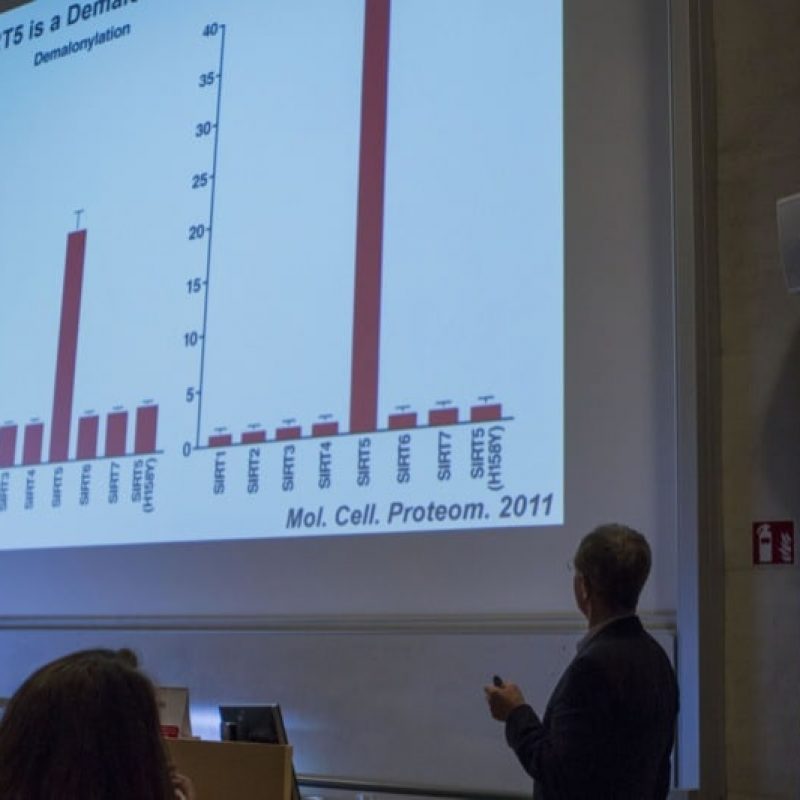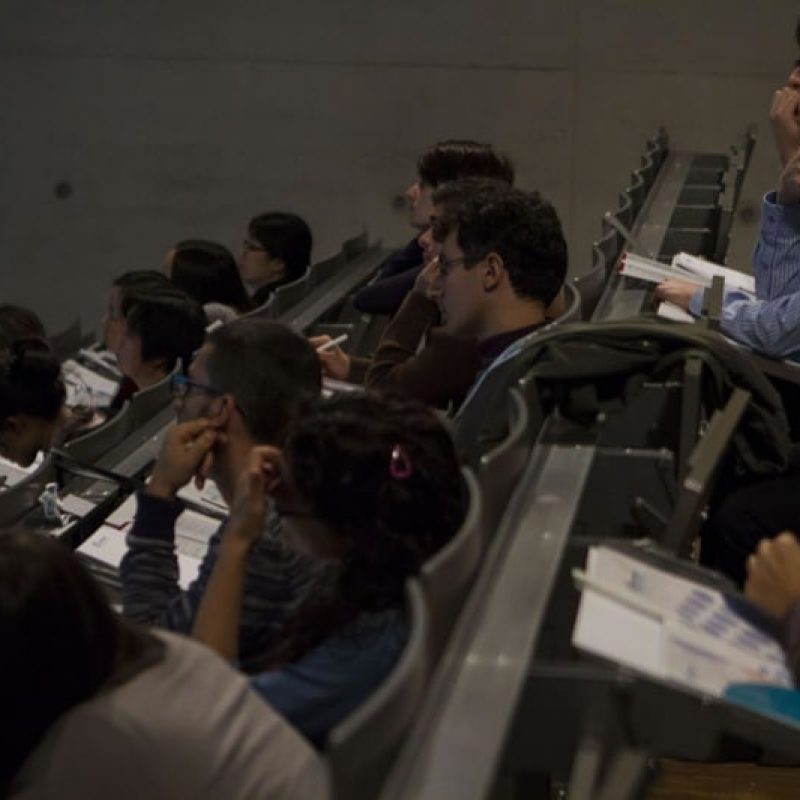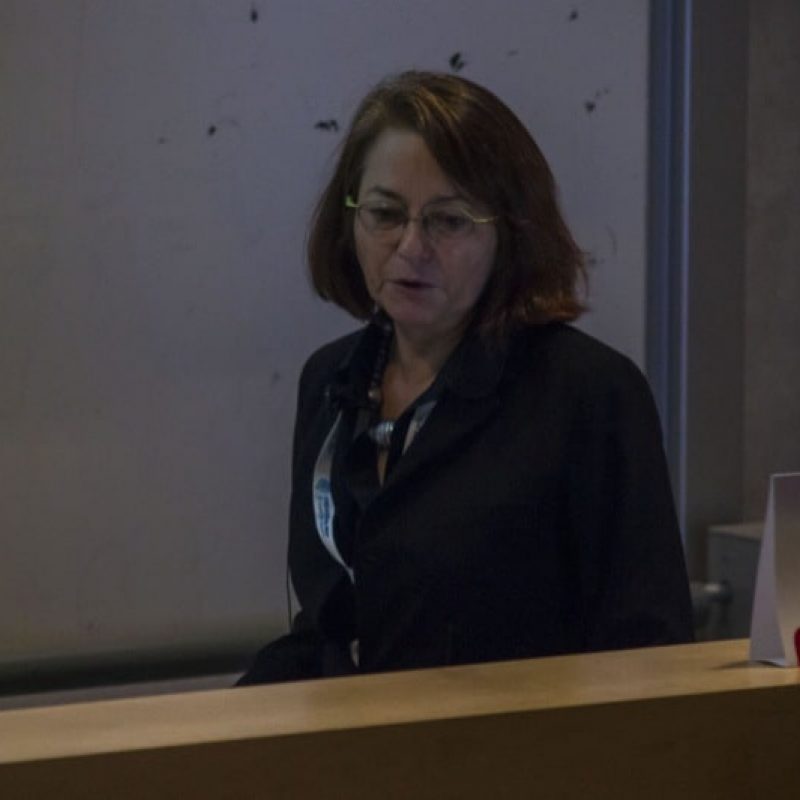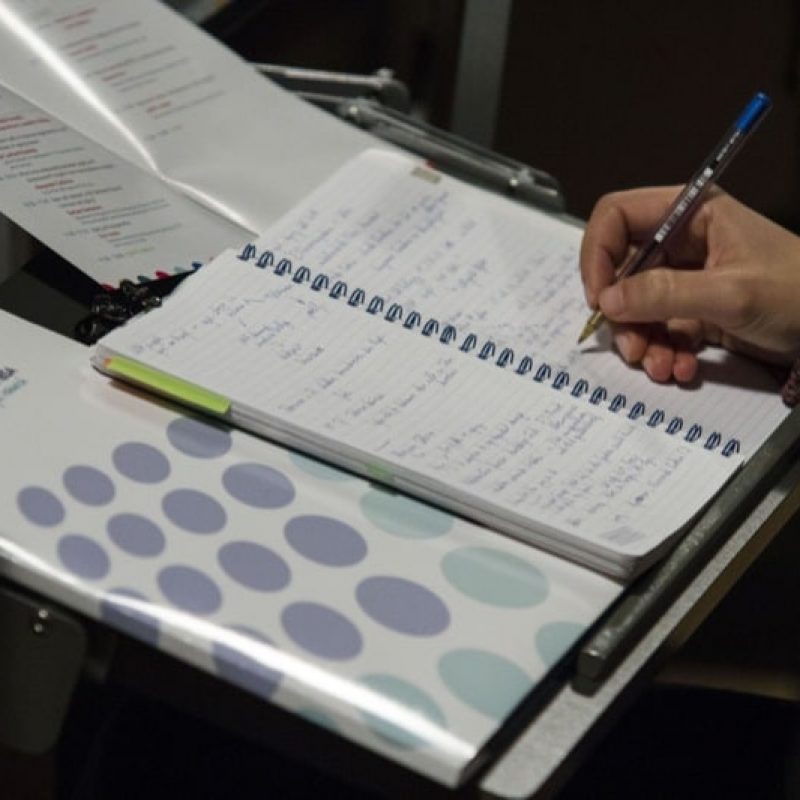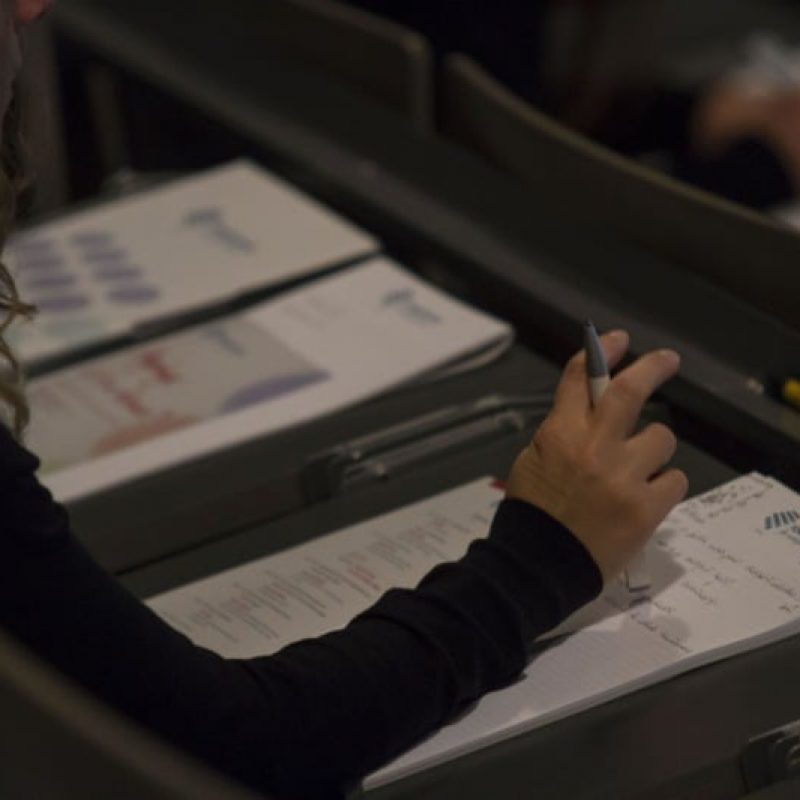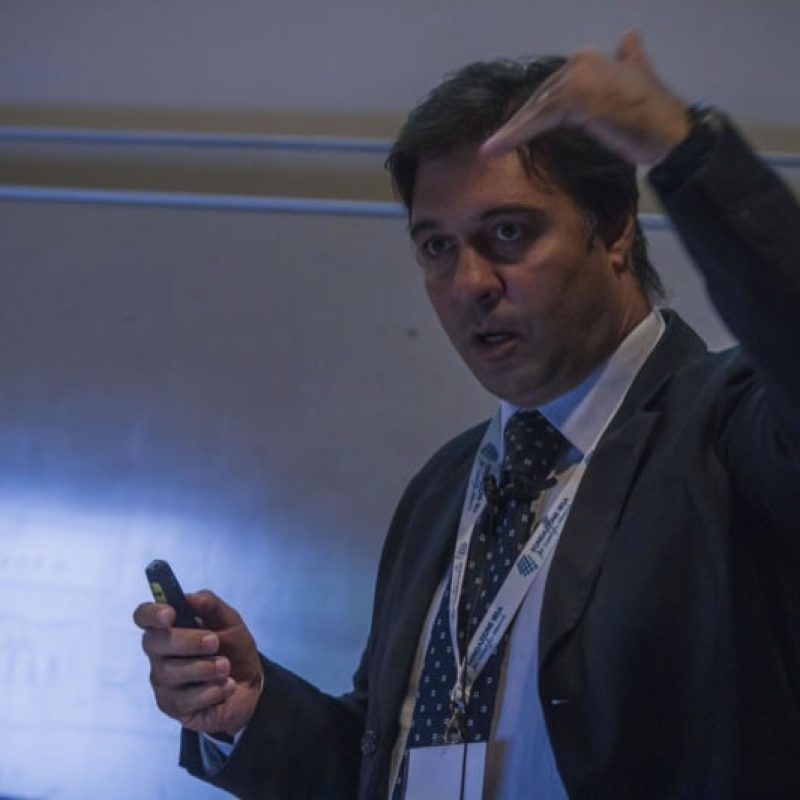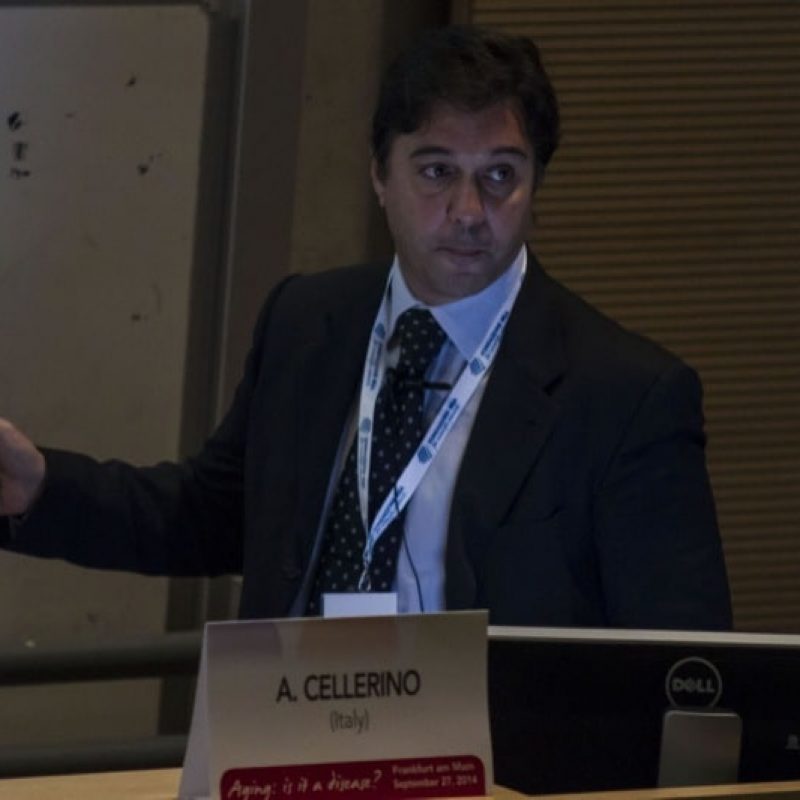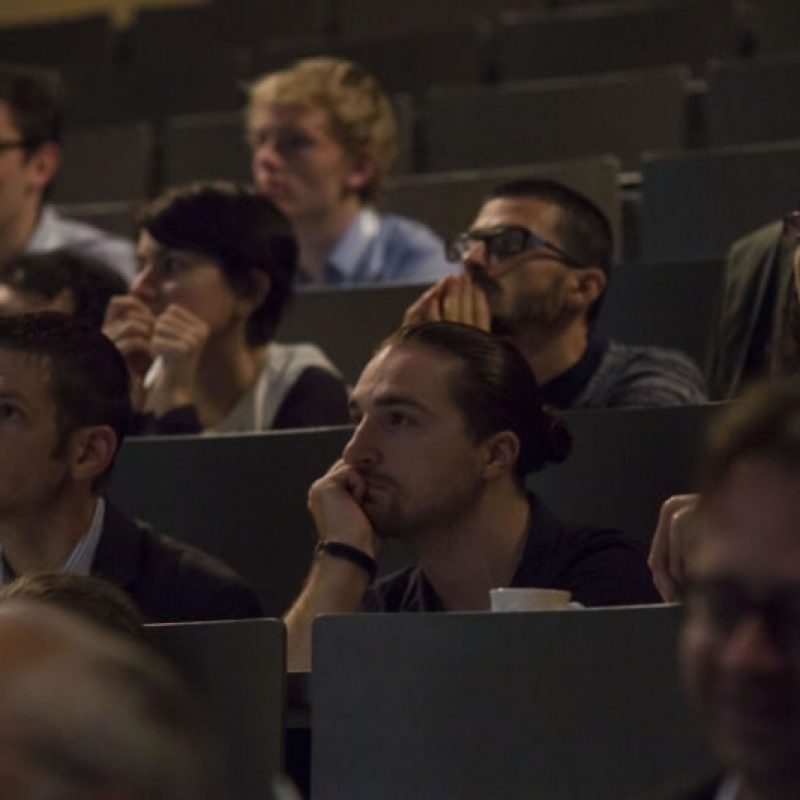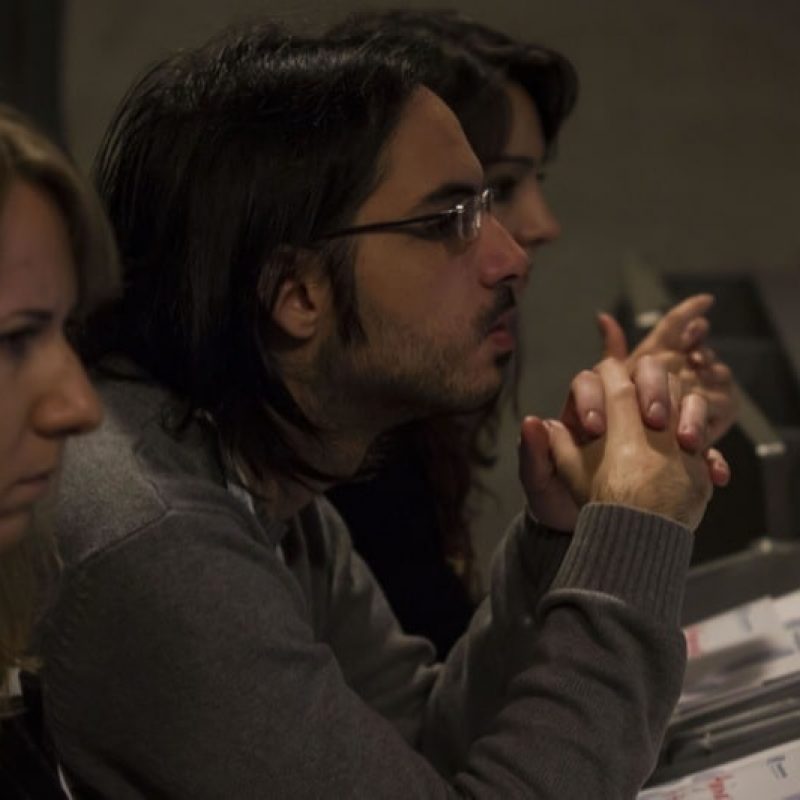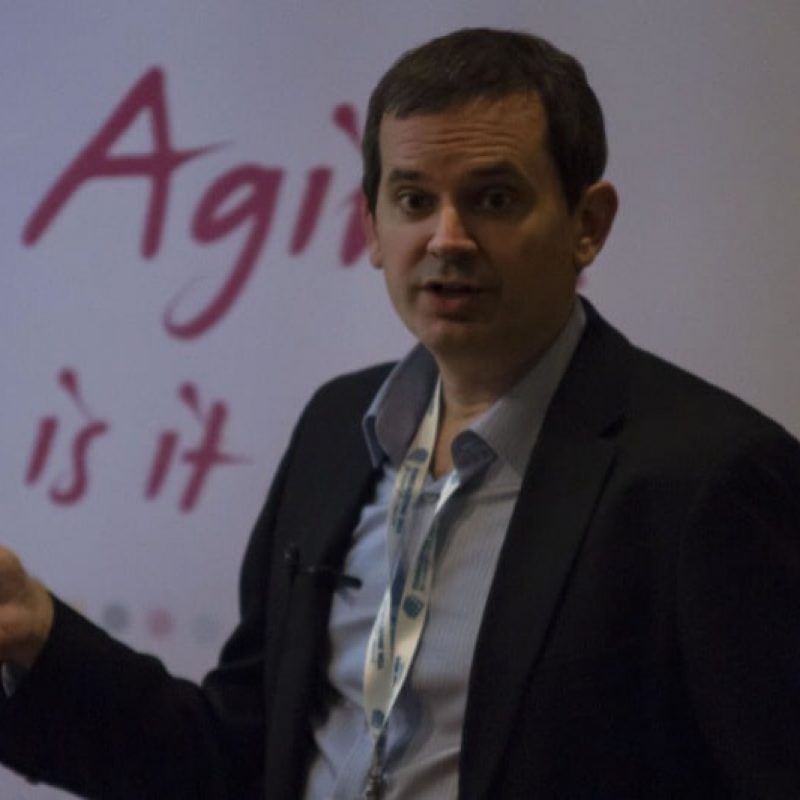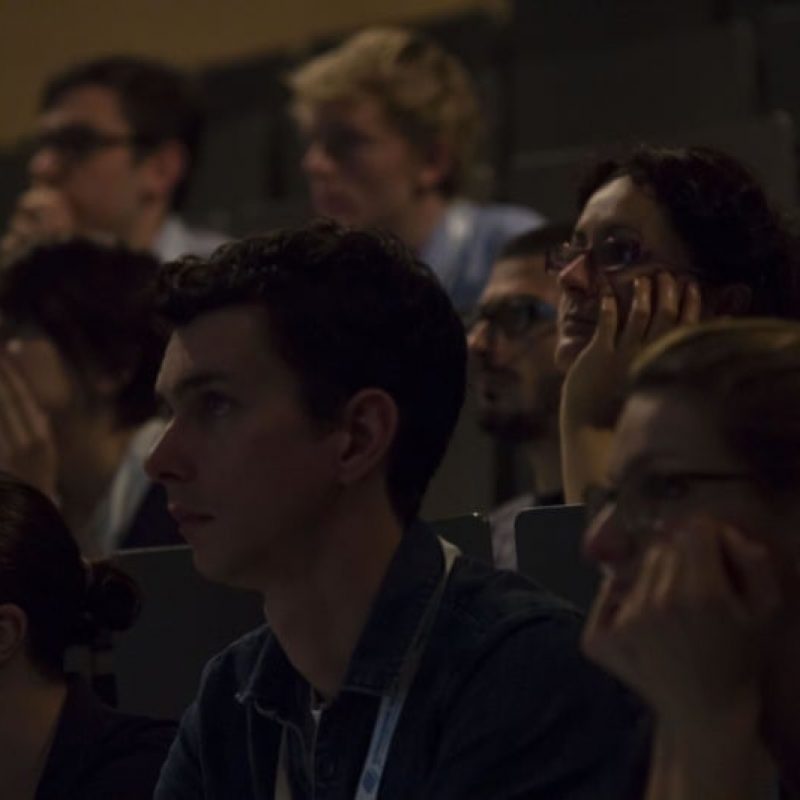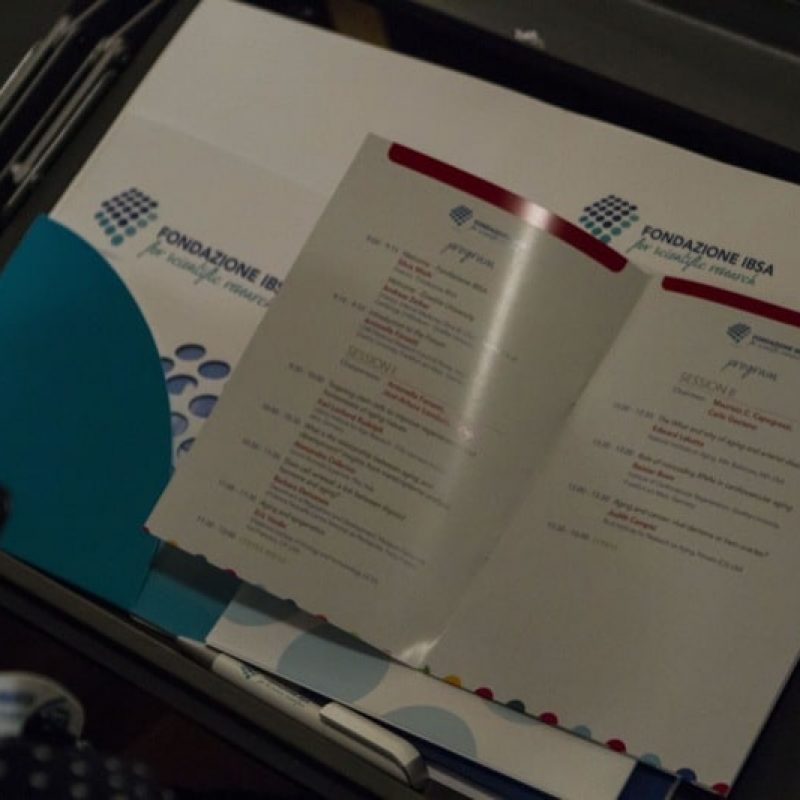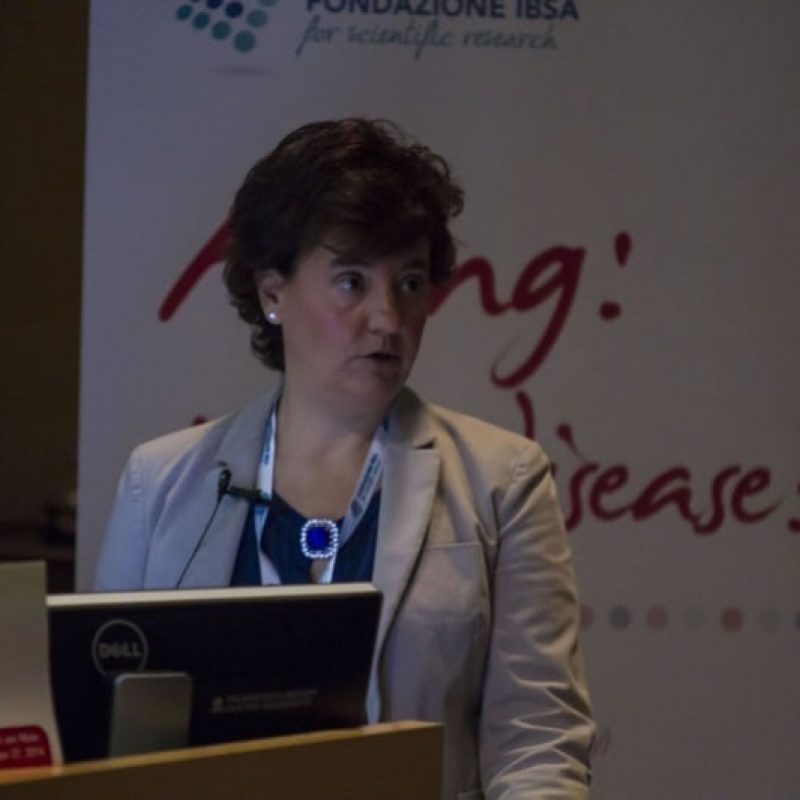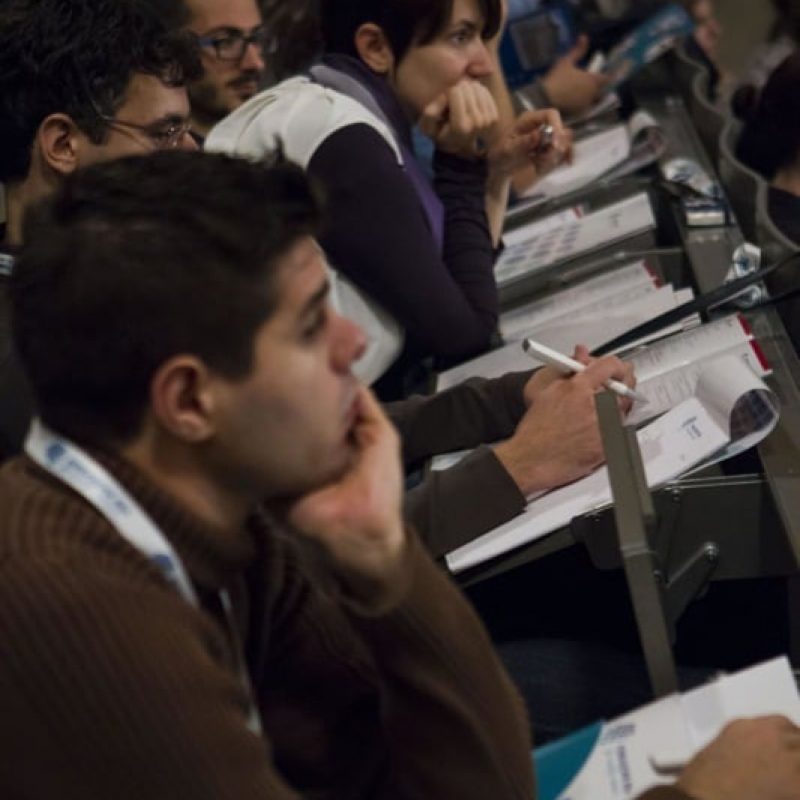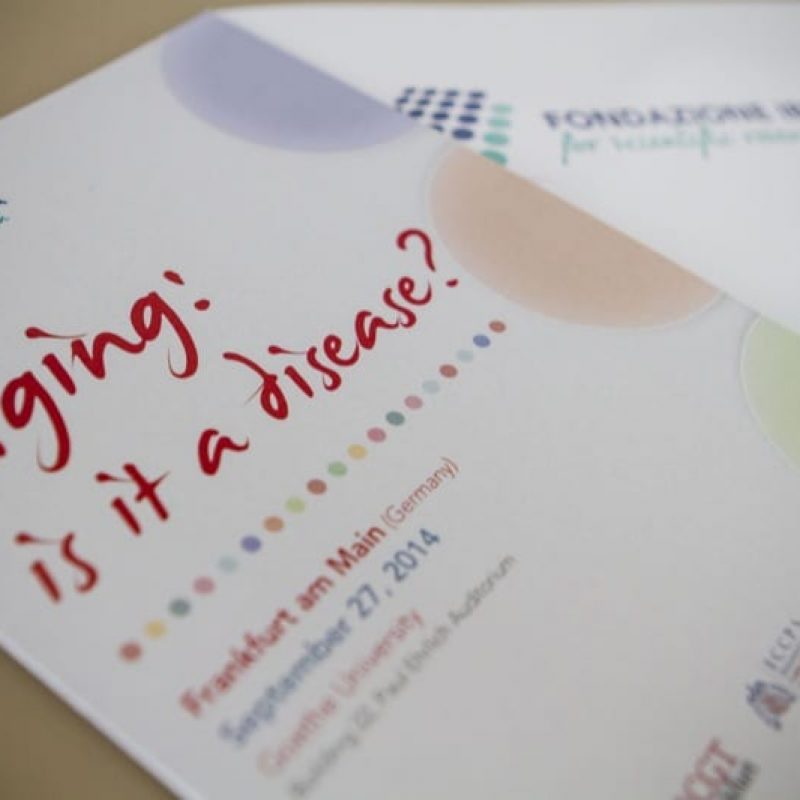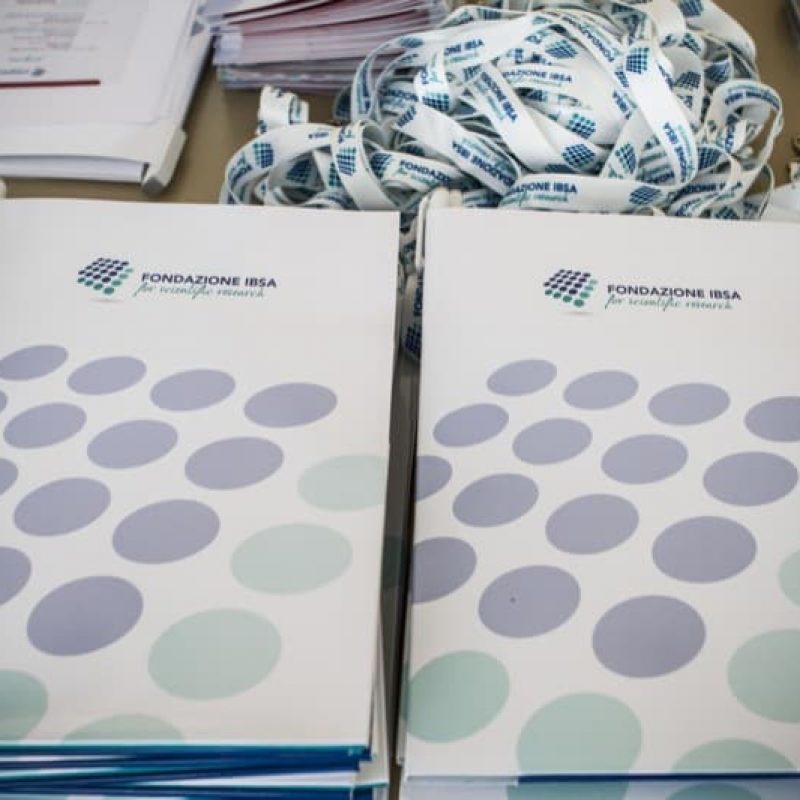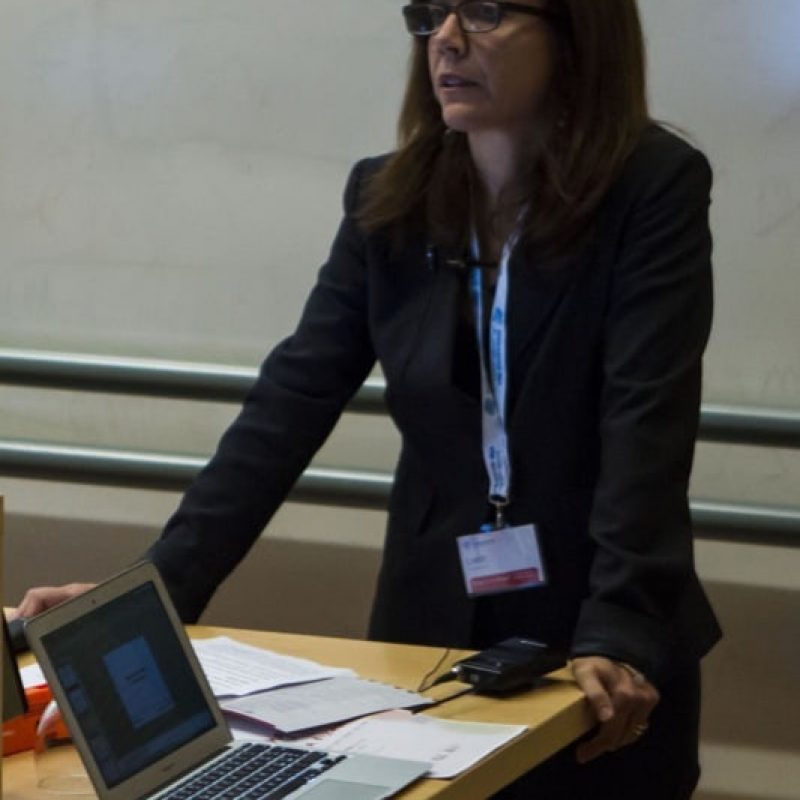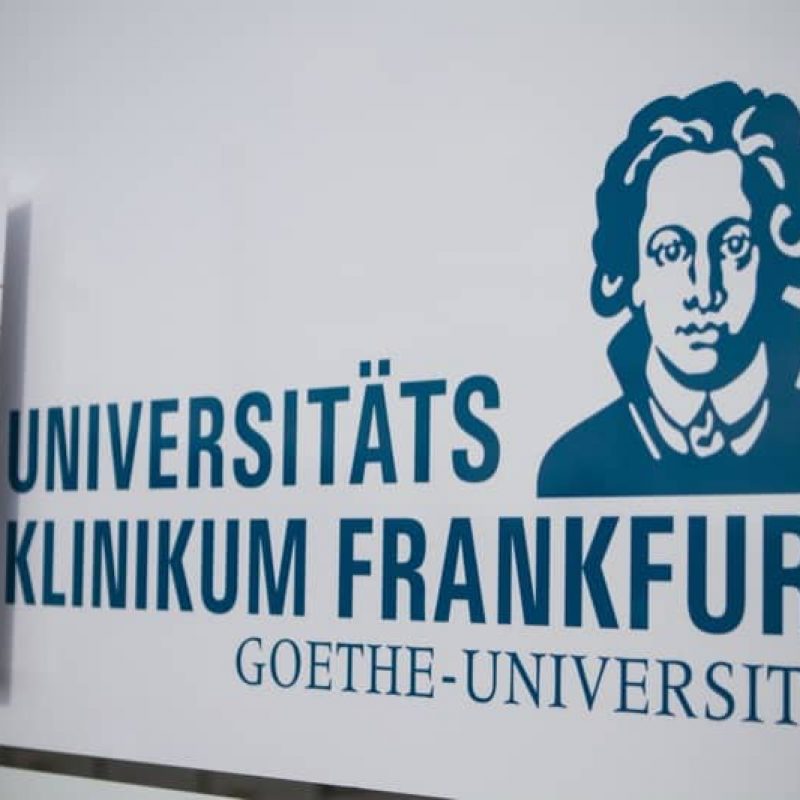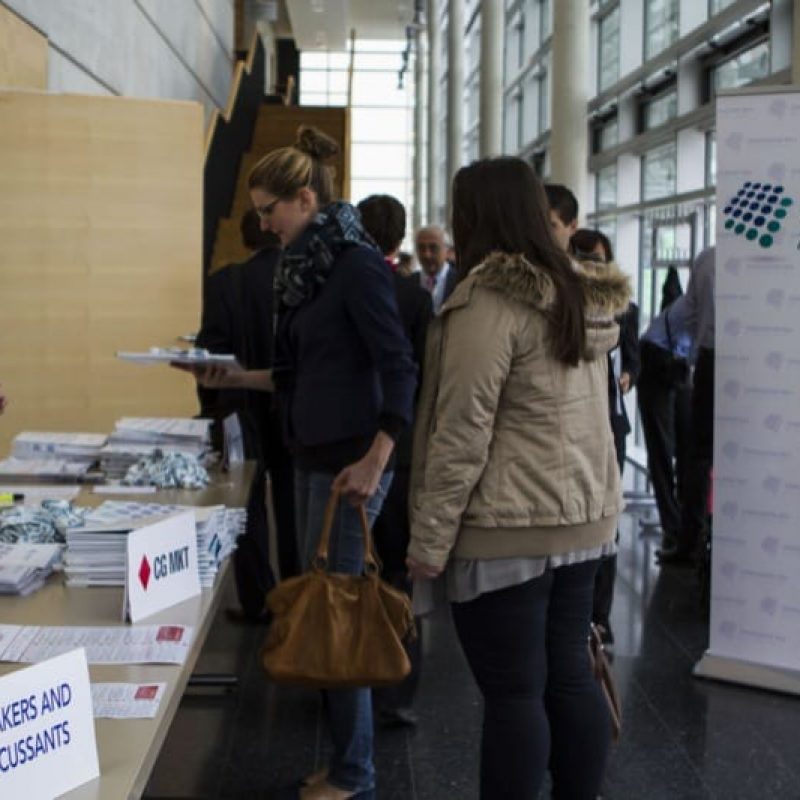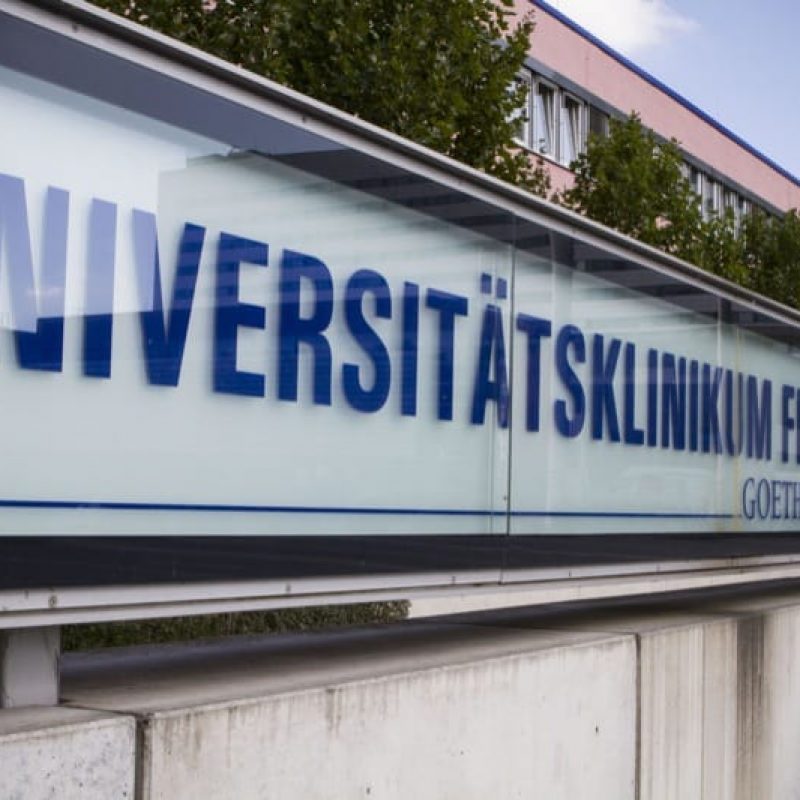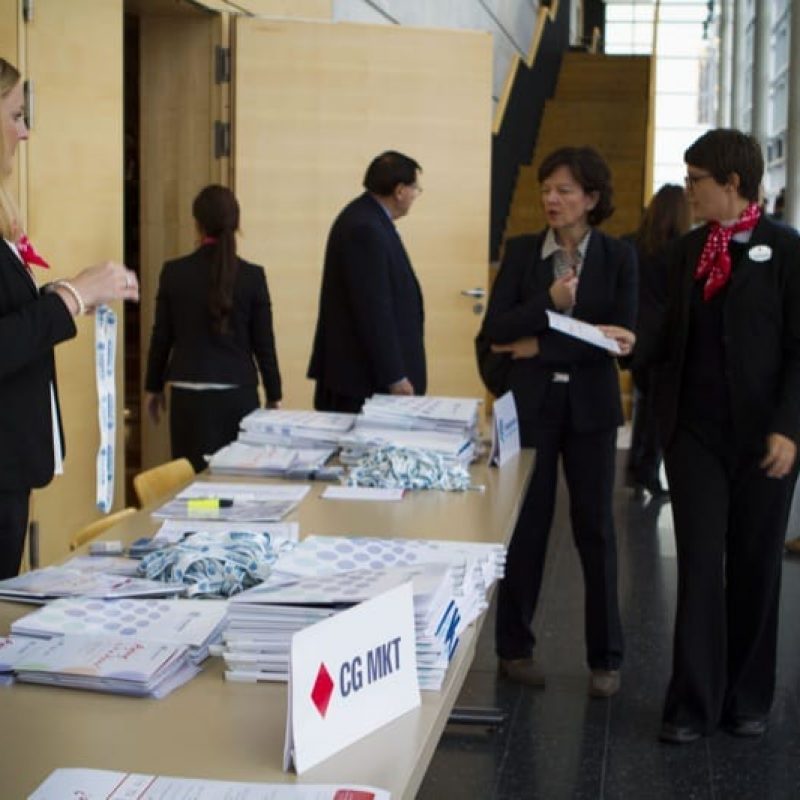A hundred specialists and investigators in this medical area have discussed aging and related disorders on occasion of the Forum titled “Aging: is it a disease?” organised by the IBSA Foundation for scientific research and held on 27th September at Goethe University in Frankfurt, Germany.
With his overview of studies on cardiovascular aging conducted over the years at the internationally famed US institute on aging as well as at other international institutions where he has worked, Edward Lakatta (Chief, Laboratory of Cardiovascular Science, National Institute on Aging, NIH, Baltimore, MD, USA) generated a great deal of interest.
Dr. Lakatta highlighted in particular the factors that stand in the way of normal cardiovascular function as people grow old, emphasising that appropriate treatment may contribute to attain the ultimate goal of Healthy Aging i.e. people living longer healthy lives enjoying a good quality of life. The molecular and pathophysiology mechanisms underlying cellular senescence and aging in humans were discussed in the presentations made by leading experts in the field including Professor Carlo Gaetano (Director, Division of Cardiovascular Epigenetics, Goethe University, Frankfurt, Germany, and local organiser of the Forum), Judith Campisi (Professor, Buck Institute for Research on Aging, Novato, California, USA), Eric Verdin (Associate Director, Gladstone Institute of Virology and Immunology, UCSF, San Francisco, California, USA), Barbara Demeneix (Professor, National Research Centre and National Natural History Museum Paris, France), José-Arturo Londono Vallejo (CNRS-Research Director, Institute Curie, Paris, France) and Reinier Boon (Group Leader, Institute of Cardiovascular Regeneration, Goethe University, Frankfurt, Germany), Karl Lenhard Rudolph (Director, Leibniz Institute for Age Research, Jena, Germany) and the Dr. Bär (Senior Investigator, Spanish National Cancer Research Centre, Madrid, Spain).
Tackling the themes to their full breadth, depth and complexity, the line-up of experts at the Forum included also Antonella Farsetti (Senior Investigator, Italy’s National Research Council, Rome, Italy, Visiting Scientist, Goethe University, Frankfurt, Germany, and member of the Forum Scientific Committee), Manuel Serrano (Director, Molecular Oncology Programme, Spanish National Cancer Research Centre, Madrid, Spain), Pier Giuseppe Pelicci (Director, Department of Experimental Oncology, European Institute of Oncology, Milan, Italy), and Alessandro Cellerino (Professor, Scuola Normale Superiore, Pisa, Italy) who illustrated the great contribution that experimental animal models give to improving understanding of the intrinsic mechanisms of aging and cancer and their potential prevention.
Speakers
- Edward Lakatta, National Institute on Aging, NIH, Baltimore (MD), USA
- Judith Campisi, Buck Institute for Research on Aging, Novato (CA), USA
- Karl Lenard Rudolph, Leibnitz Institute for Age Research, Fritz Lipmann Institute, Jena, Germany
- Silvia Bacchetti, McMaster University, Hamilton, Canada
- Eric Verdin, Gladstone Institute of Virology and Immunology, UCFS, San Francisco, CA, USA
- Alessandro Cellerino, Scuola Normale Superiore, Pisa, Italy
- Antonella Farsetti, CNR, Rome, Italy; Goethe University, Frankfurt-am-Main, Germany
- Barbara Demeneix, Regulations Development and Molecular Diversity Department, Natural History Museum, Paris, France
- Carlo Gaetano, Goethe University, Frankfurt-am-Main, Germany
Video
Video interviews
Photos
